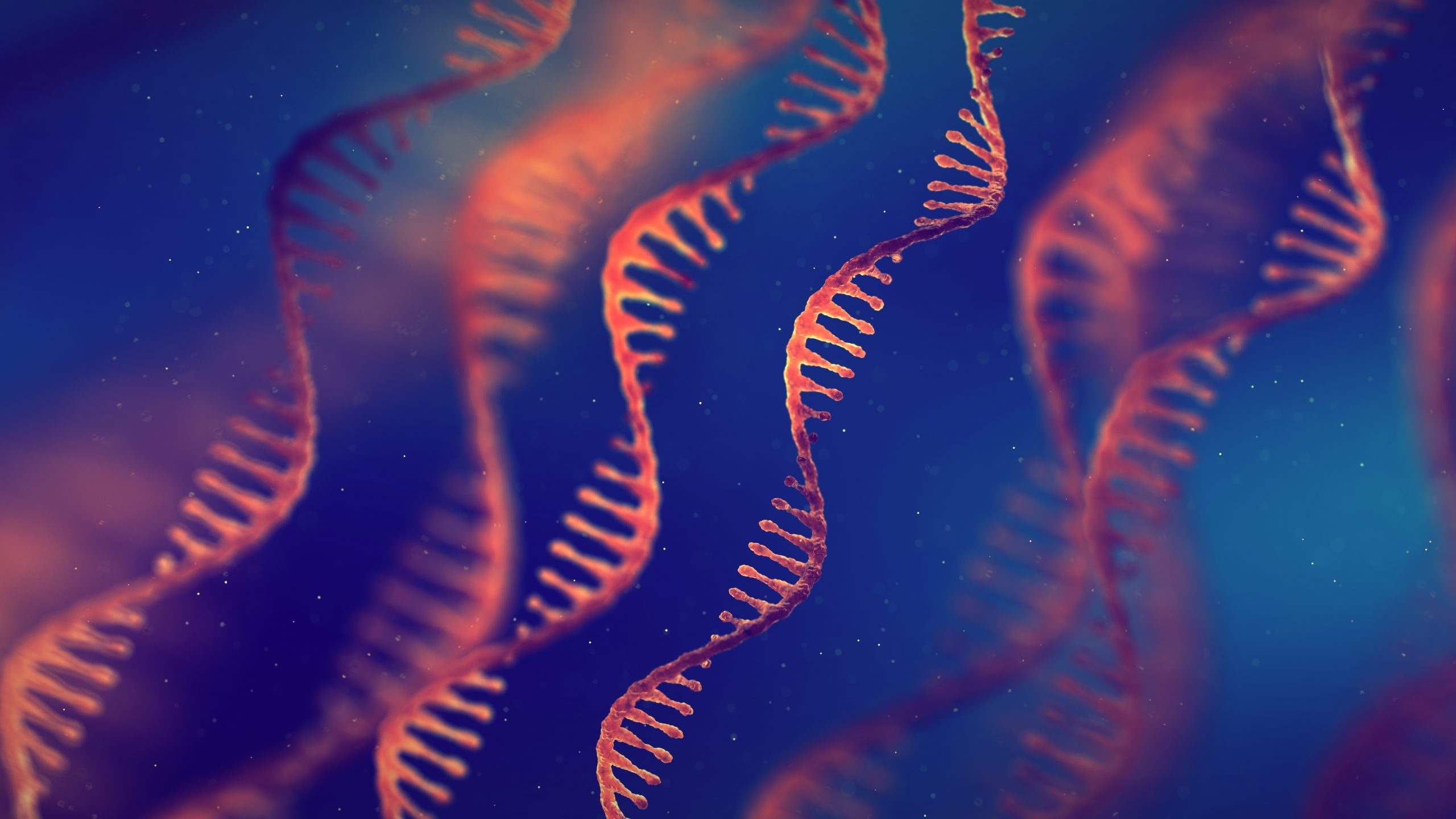Roland R. Griffiths and the Psychedelic Rennaisance

Introduction
On October 17, 2023, Roland Griffiths passed away from colon cancer at his home in Baltimore. Griffiths served as a professor in the Departments of Psychiatry and Neurosciences at Johns Hopkins University School of Medicine and was the inaugural Director of the Johns Hopkins Center on Psychedelic and Consciousness Research. Though psychedelics were banned by the 1970 Controlled Substances Act, Griffiths famously brought psilocybin—the active ingredient in magic mushrooms—back into the field of medical research for the first time in decades. His clinical trials and hundreds of published papers have begun to reveal the drug’s significant therapeutic benefits for treating depression and nicotine addiction and, perhaps most dramatically, a profound reduction in end-of-life anxiety for people with cancer.
Griffiths lived a remarkable and impactful life, whose pioneering work in the scientific investigation of psychedelics helped to bring about a new era of research into these formerly illegal substances, now commonly referred to as the ‘psychedelic renaissance’.
As a legacy project, following his cancer diagnosis Griffiths started the Roland R. Griffiths PhD Professorship Fund, a psychedelic research program which strives to:
“advance understanding of well-being and spirituality in the service of promoting human flourishing for generations to come.”
Life & Career

Roland Griffiths was born in Glen Cove, New York but grew up in the Bay Area of California. He completed his psychology degree at Occidental College and then went on to obtain a PhD from the University of Minnesota in 1972. His doctoral research focused on the effects of barbiturates on behaviour, specifically how pentobarbital influences extinction learning. After completing his studies, he joined the faculty at Johns Hopkins University where he spent his entire scientific career. During his time at Hopkins, Griffiths made groundbreaking contributions to the understanding of psychoactive drugs and played a significant role in the field of psychedelic research. Even as an undergraduate, his work was highly regarded, as demonstrated by his first published paper in 1969. This paper, which was republished in 2003, provided rigorously controlled data which challenged the findings of a recent study in Science that claimed RNA extracts could transfer memory from one animal to another. This ability to tackle out-there theories with seriousness illustrates Griffiths’ combination of healthy scepticism combined with an ability to ‘entertain the fanciful’.
Facing a career lull in the mid-1990s, Griffiths rediscovered meditation, leading to a profound shift in perspective. He had first tried meditation as a graduate student in the early 1970s but the practice failed to resonate with him. He tried to follow the directions, still his thoughts and pause, if not stop the endless thinking – but every time the voice in his continued unabated. Two decades passed before Griffiths gave meditation another shot. He described meditation as:
The practice of gratitude…of the absolute wonder that we are these highly evolved sentient creatures who can hear and see and taste and locomote and build things. We have developed technologies and science for discovering things. We have developed culture. And yet the most interesting piece of all is that we are aware that we’re aware. I’m here, and I know I’m here.
Griffiths’ groundbreaking paper in 2006: Psilocybin can occasion mystical-type experiences having substantial and sustained personal meaning and spiritual significance, played a pivotal role in rejuvenating a field long stigmatised and dormant. This has been dubbed:
The Griffiths Effect
While Griffiths’ work wasn’t the sole catalyst for the psychedelic renaissance, his reputation as a hard-nosed scientist, and the attention-grabbing results of the 2006 study made him a key figure in overcoming scepticism. Unlike the countercultural associations of the past, Griffiths approached psychedelics with scientific rigour, earning him recognition as the:
Anti-Timothy Leary.
The results of the 2006 study were striking:
Psilocybin produced a range of acute perceptual changes, subjective experiences, and moods including anxiety. Psilocybin also increased measures of mystical experience. At 2 months, the volunteers rated the psilocybin experience as having substantial personal meaning and spiritual significance and attributed to the experience sustained positive changes in attitudes and behaviour consistent with changes rated by community observers.
Griffiths and his team at Johns Hopkins were able to conclude with some certainty that When administered under supportive conditions, psilocybin occasioned experiences similar to spontaneously occurring mystical experiences.
The ability to reliably manufacture these intense experiences will facilitate scientific investigations of their causes and consequences.
Mystics and meditators have probed consciousness for millennia. For the last 17 years, hundreds of research volunteers in Griffiths’ lab have experienced these states after taking psilocybin. His experiments have shown startling results. Participants were more able to shake off persistent depression, quit smoking after decades of failed attempts, and even, in the case of people facing life-threatening cancers, transcend the fear of death
